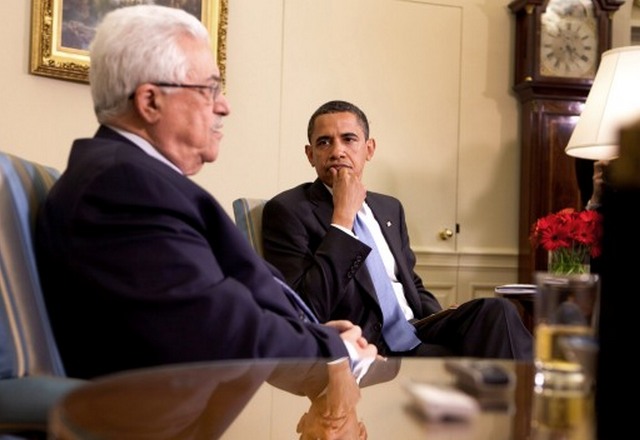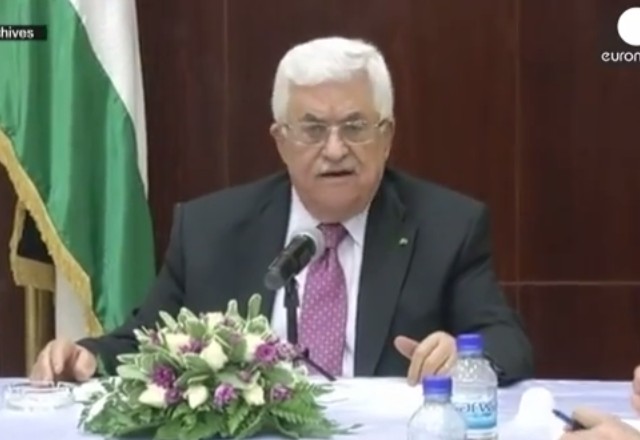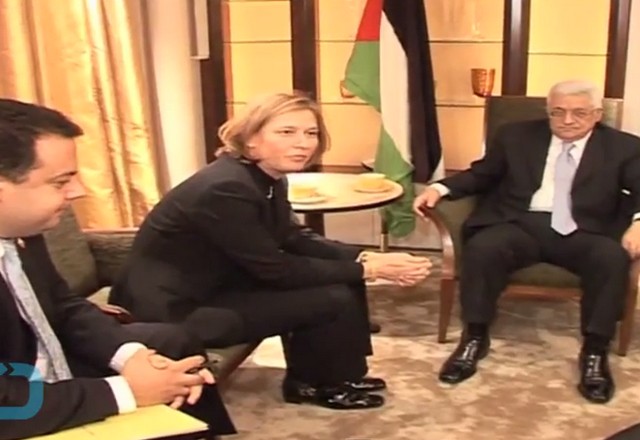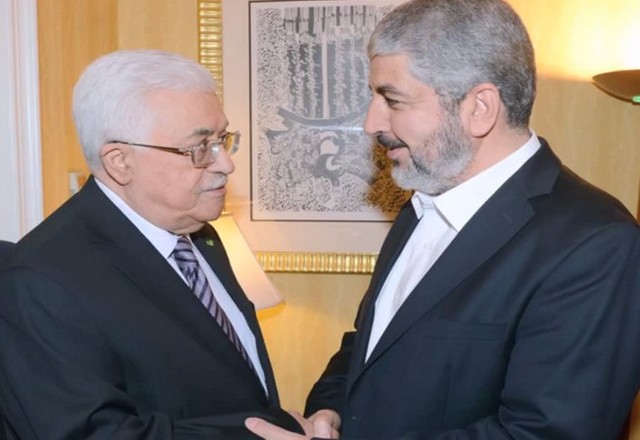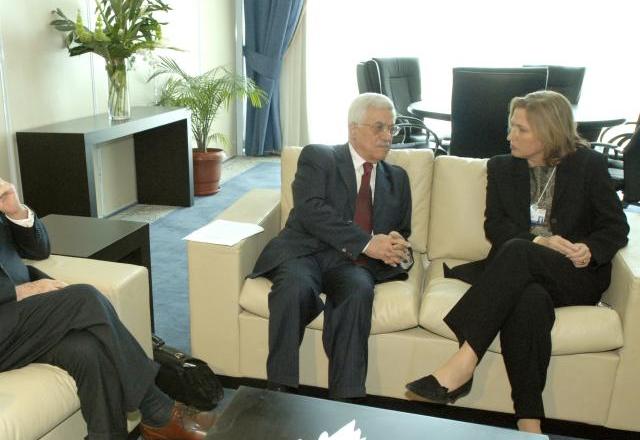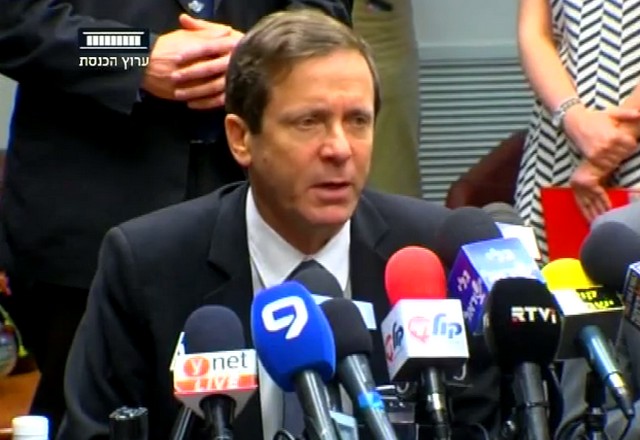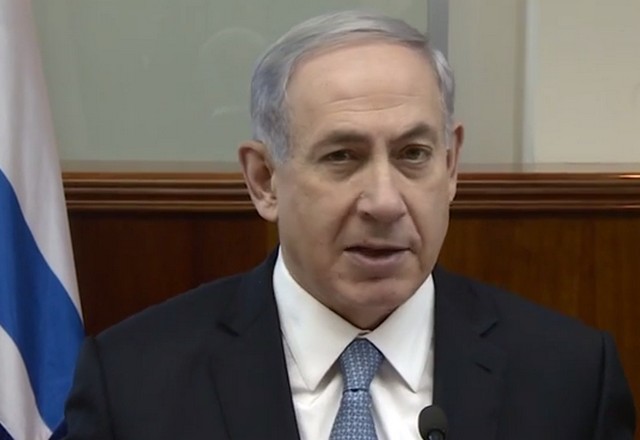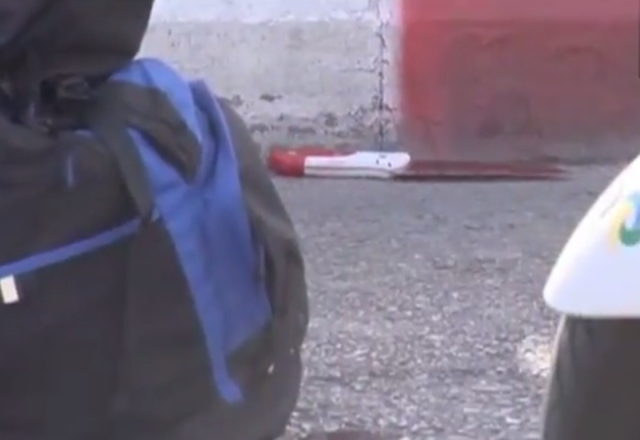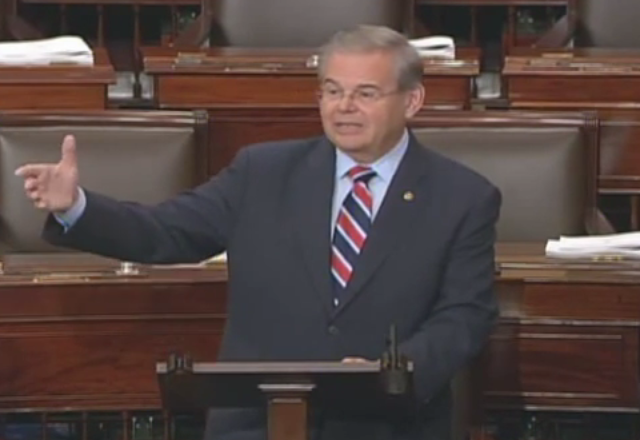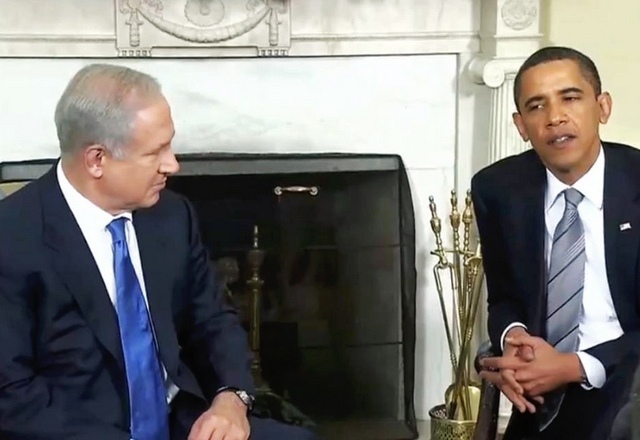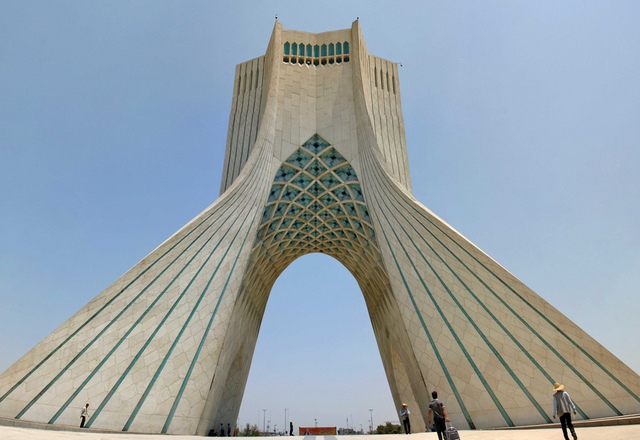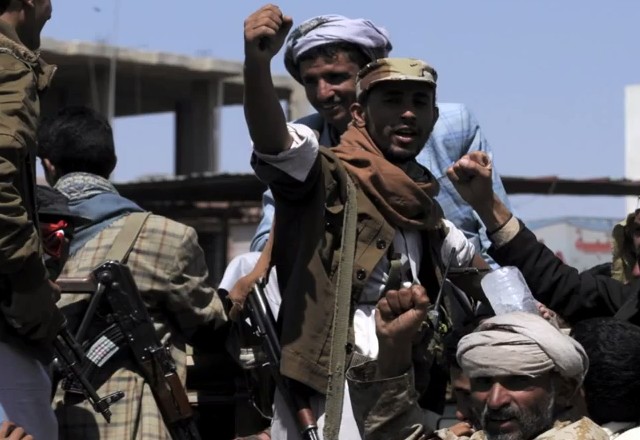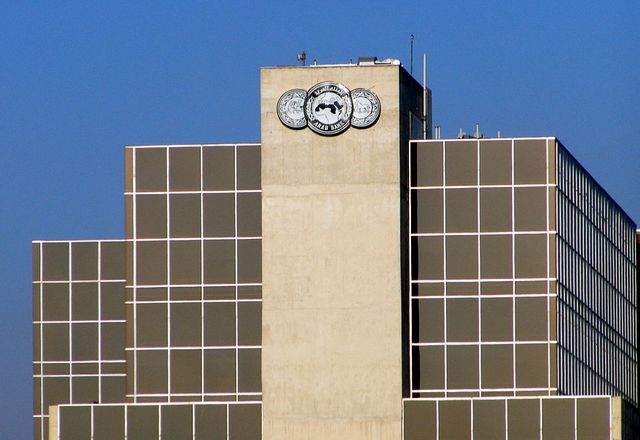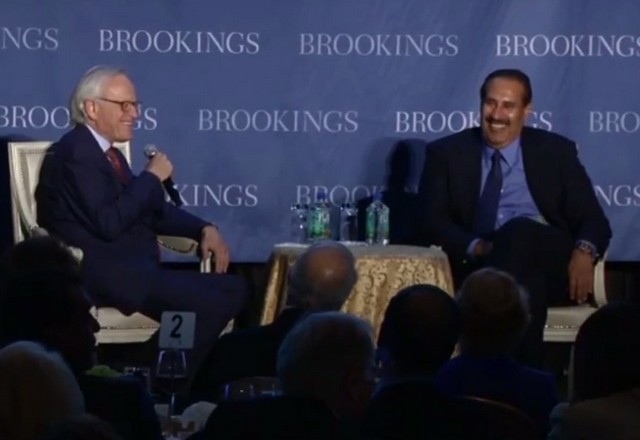With the Senate flipping from Democratic control to Republican control, the question emerges whether the legislature, now in the hands of the opposition, will be able to rein in President Barack Obama in the event that he engineers a bad nuclear deal with Iran.
In short, the Senate will almost certainly be more willing to stop a bad deal. The bad news is that it may be too late.
As far as the deal itself, it is not considered a treaty and therefore not subject to Congressional approval. However, the sanctions bill passed by Congress allows the President to suspend (not permanently cancel) sanctions.
A bill co-sponsored by Sens. Robert Menendez (D-NJ) and Mark Kirk (R-IL) that would impose stronger sanctions on Iran, if the Islamic Republic would either "violate the interim agreement or walk away from the negotiations,"
was scuttled by the White House in January. Although there was bi-partisan support in the Senate for the bill, Obama prevailed on Senate Majority Leader Harry Reid to keep the bill from coming to a vote. Obama viewed the bill as a violation of the
P5+1's commitment in last year's Joint Plan of Actions (JPA) (.pdf) to "refrain from imposing new nuclear-related sanctions." Since the Kirk-Menendez bill would only come into effect if Iran violated its commitments, Obama's concern seems baseless.
With Reid no longer Majority Leader, the Kirk-Menendez bill should at least come to a vote, as incoming Majority Leader Mitch McConnell said in January, “We’re going to continue to press the majority leader to allow a vote on an issue that obviously enjoys the support of a very large bipartisan majority here in the Senate.”

